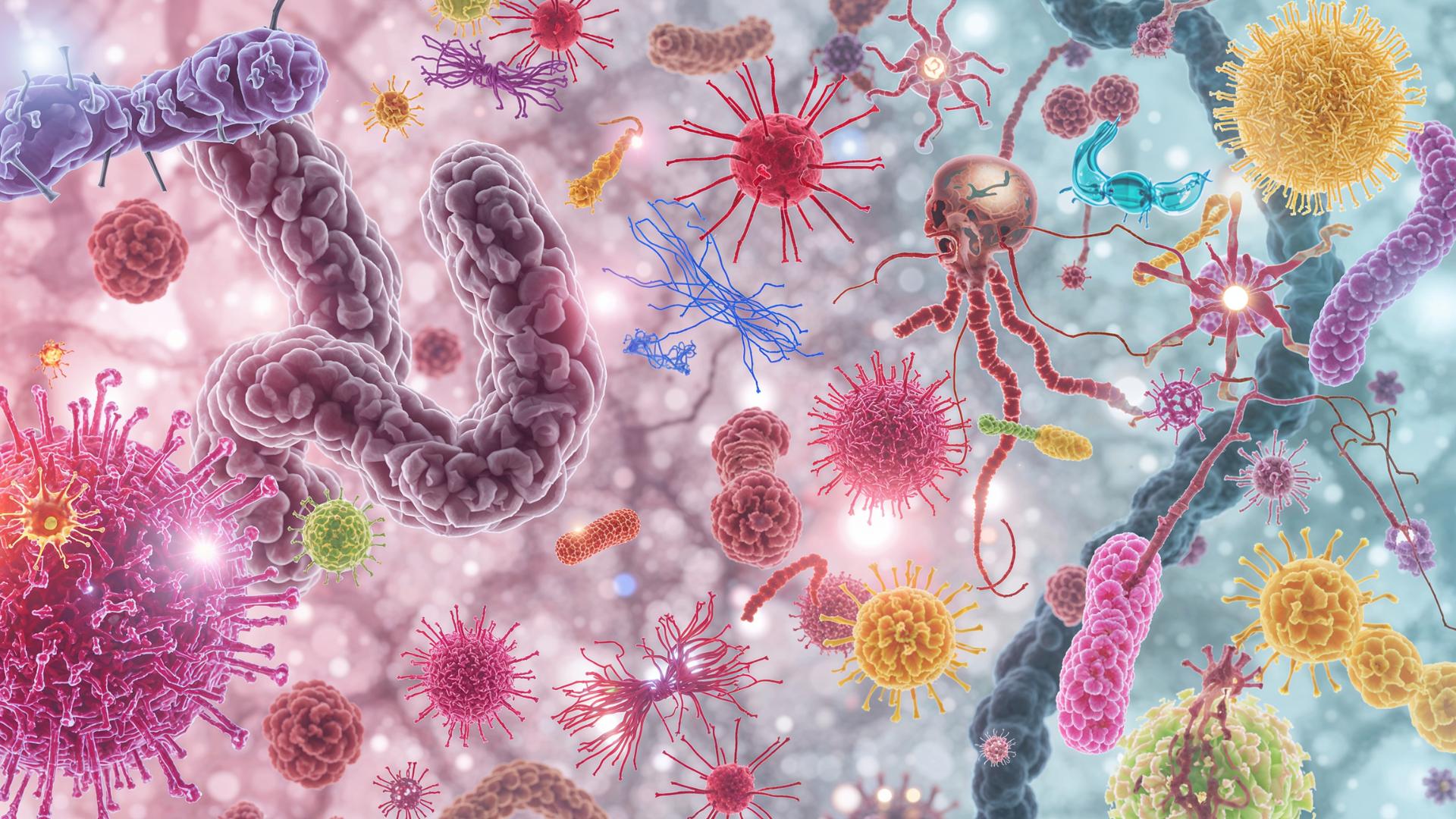You've likely heard the term "gut health" in recent years, and for good reason. The community of microorganisms living in your digestive tract, known as the gut microbiome, is now considered a vital organ. It plays a pivotal role in everything from digestion and immunity to mental health and weight management.
The single most important way to support a healthy gut is through your diet, specifically by consuming enough fiber.
What is Fiber, and What Does it Do?
Fiber is a type of carbohydrate found exclusively in plant-based foods. Unlike other carbohydrates, it is not broken down by your body's digestive enzymes. Instead, it passes through to your large intestine, where it performs several key functions.
There are two main types of fiber, each with unique benefits:
| Fiber Type | How It Works | Best Food Sources |
|---|---|---|
| Soluble Fiber | Dissolves in water to form a gel-like substance. This helps to slow digestion, stabilize blood sugar levels, and lower bad cholesterol. It also serves as a prebiotic, feeding the good bacteria in your gut. | Oats, nuts, beans, apples (flesh), carrots, barley. |
| Insoluble Fiber | Often called "roughage," it does not dissolve in water. It adds bulk to stool, helping to prevent constipation and keeping you regular. | Whole grains, wheat bran, seeds, nuts, the skins of fruits and vegetables. |
The Power of Your Gut Microbiome
A diverse and balanced gut microbiome is a key indicator of good health. Here's how a healthy gut benefits you:
- Improved Digestion: Gut bacteria feed on fiber through a process called fermentation, which helps break down waste products and ensures smooth, easy bowel movements.
- A Stronger Immune System: Around 70-80% of your immune system is located in your gut. A healthy microbiome helps train immune cells to fight infections and protect against harmful pathogens.
- Reduced Inflammation: The fermentation of fiber produces beneficial compounds called short-chain fatty acids (SCFAs). SCFAs help reduce inflammation and keep the gut lining healthy.
- A Link to Mental Health: Emerging research suggests a communication pathway between the gut and the brain, known as the "gut-brain axis". A healthy gut may be linked to improved mental well-being and a lower risk of anxiety and depression.
How Much Fiber Do You Need?
Most adults are advised to consume between 25 and 30 grams of fiber per day. However, many modern diets fall far short of this recommendation.
Easy Ways to Boost Your Fiber Intake
You can find fiber in most whole or minimally processed plant-based foods, including beans, nuts, seeds, fruits, and vegetables.
| Meal | Simple Fiber-Rich Addition |
|---|---|
| Breakfast | Add berries to your cereal or oatmeal. |
| Lunch | Add a handful of beans or lentils to your salad or soup. |
| Dinner | Use whole-wheat pasta instead of white, and load up on vegetables. |
| Snacks | Grab an apple with the skin on, a handful of almonds, or a slice of avocado toast on whole-grain bread. |
It's important to increase your fiber intake gradually and drink plenty of water to prevent digestive discomfort like bloating and gas.
